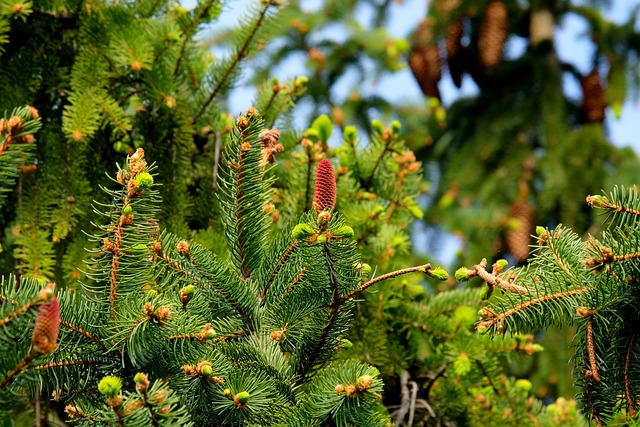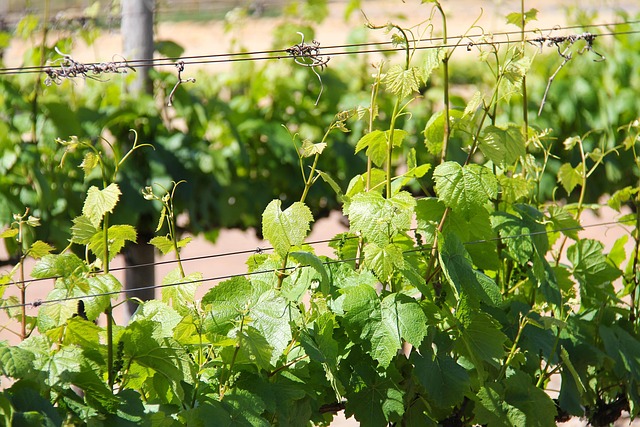In an era where environmental concerns are at the forefront of our collective consciousness, the importance of community-driven initiatives is more vital than ever. One such initiative that resonates deeply with individuals and communities alike is the rise of community garden building projects. These projects not only bring people together but also promote sustainability, foster a sense of belonging, and encourage a profound connection with nature.
Picture this: a vibrant patch of land, once filled with weeds and debris, transformed into a flourishing garden, bursting with life. The air is filled with the sweet scent of blooming flowers and fresh vegetables, while laughter and conversation flow freely among neighbors, united in a common goal. This beautiful scene is what community gardens can create. They serve as green oases in urban settings, reminding us of the simple joys of growing our own food and nurturing the environment.
Building an eco-friendly community garden is not just about planting seeds; it is about planting ideas and cultivating relationships. When individuals come together to share resources and knowledge, a network of support emerges. Participants can exchange gardening techniques, share tips on organic methods, and discuss eco-friendly practices, such as composting or using native plants. By pooling knowledge and encouraging each other, these gardens become hubs of education, further empowering the community to make environmentally conscious choices.
Moreover, community garden building projects help mitigate the effects of urbanization. In cities where green spaces are scarce, community gardens provide essential habitats for local wildlife and contribute to biodiversity. They serve as reminders of our responsibility to protect our planet. By planting diverse flora, we support pollinators like bees and butterflies, creating a harmonious balance between human activity and the natural world.
Engaging with nature through gardening also has therapeutic benefits. Studies have shown that spending time in green spaces reduces stress, enhances mood, and fosters creativity. Imagine digging your hands into rich, dark soil, nurturing seedlings, and watching them grow into a bountiful harvest. This connection to the earth is not only satisfying but also deeply rejuvenating. It brings us back to basics, allowing us to appreciate the beauty of nature and the fruits of our labor.
Initiating a community garden project can seem daunting, but the beauty lies in the collaboration and shared vision. It often starts with a simple gathering—inviting neighbors to discuss the potential of transforming an empty lot or a neglected park. From selecting the right location to deciding what to plant, every step is an opportunity for collaboration and innovation. Utilizing sustainable building practices, such as raised beds made from reclaimed wood, and opting for organic gardening methods, ensures that the project remains in harmony with the environment.
Funding and resources may also be a challenge, but many local organizations and grants are available to support community garden building projects. Additionally, fundraising events, workshops, and potlucks can strengthen the community bond while raising funds for gardening supplies. The key is to maintain open communication and invite everyone to participate, regardless of their gardening experience.
As these gardens flourish, so do the connections between neighbors. Friendships blossom over shared tasks, and community pride grows along with the plants. Cookouts and harvest festivals can turn into cherished traditions, where everyone celebrates their hard work and dedication to sustainability. By participating in these gardening projects, people are not just growing food; they are nurturing relationships, fostering understanding, and building a more resilient community.
Ultimately, community garden building projects symbolize hope and growth—not just for the environment, but for individuals and the community as a whole. By coming together with a shared purpose, every person involved can play a crucial role in creating a greener, healthier, and more vibrant world. As we cultivate our gardens, we also cultivate a renewed commitment to ecological stewardship, ensuring that our communities thrive for generations to come.




